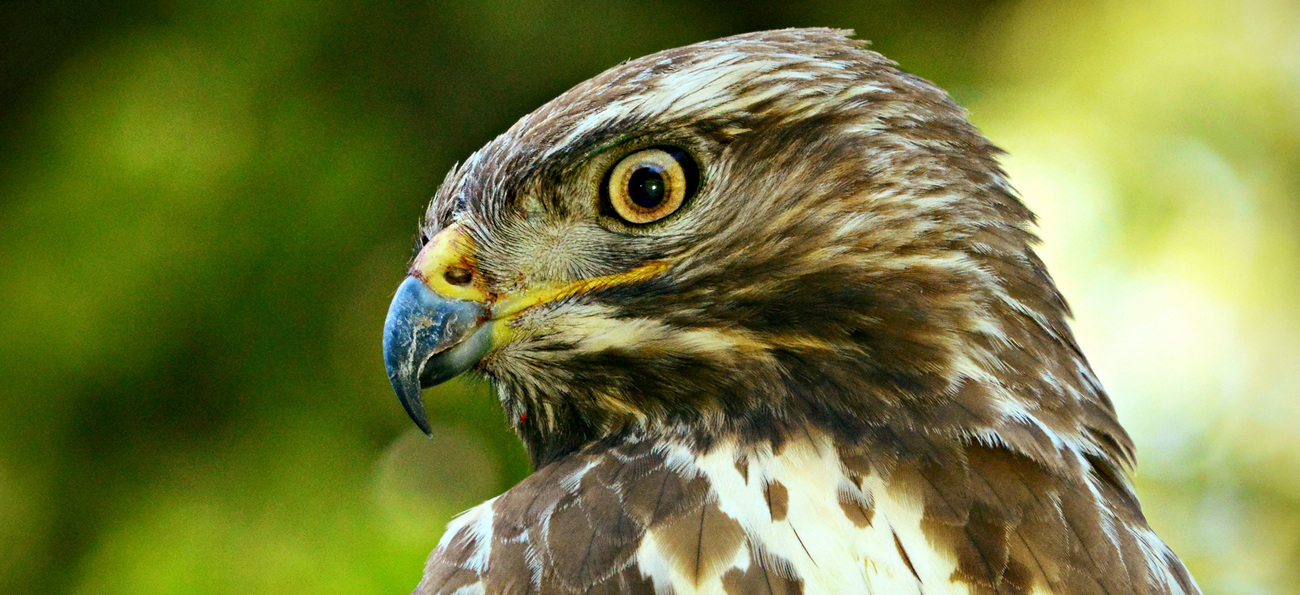Urge the UK Government to prioritise wildlife crime
Urge the UK Government to prioritise wildlife crime

Horrific acts against wild animals
Poisoning, trapping, and being set upon by dogs are just some of the horrific acts inflicted on wild animals in the UK. Whether that’s badgers, hares, bats, or birds of prey—all are cruelly targeted by criminals. Inconsistent laws and overstretched police forces make it difficult to investigate and prosecute the culprits. In addition, the fact that such crimes are ‘non-notifiable’—meaning they are not recorded in their own category in the national crime statistics—is also a major issue.
Government action needed
To shine a spotlight on the problem, IFAW has now published a second piece of research —System set to fail – prosecuting wildlife crime— that takes a deeper dive into why many crimes do not lead to prosecutions in court. This research, builds on the findings of the first report —Make wildlife matter— making the case that change is urgently needed. We are calling on the government to protect our precious wildlife by introducing the following measures:
- Making wildlife crime a ‘notifiable’ offence.
- Mandatory early legal training in wildlife crime.
- Mandatory sentencing and prosecution guidelines.
- Better guidance and support on the evidence needed for wildlife crime prosecutions.
- Greater multi-agency collaboration.
- Raised awareness of wildlife crime across forces.
- Commitment to the National Wildlife Crime Unit (NWCU) funding from the government.
Research shines a light on the issue
Make wildlife matter, is based on the concerning findings of a research commissioned by IFAW from criminologists at Nottingham Trent University and the University of Gloucestershire, which indicate that wild animals in the UK need better protection from cruelty and suffering. The report shines a light on this issue that needs to be addressed by the government.
There are also mounting concerns about wildlife crime links to organised crime. Of the police forces who responded, 81% felt that wildlife crime was linked to theft and dishonesty and half highlighted links to firearms and violent crimes.
System set to fail – prosecuting wildlife crime, is based on the concerning findings of new research commissioned by IFAW from criminologists at Nottingham Trent University (now at Anglia Ruskin University (ARU)) and the University of Gloucestershire, which indicate that wild animals in the UK need better protection from cruelty and suffering. The report shines a light on this issue that needs to be addressed by the government.
It revealed cases were often unsuccessful due to a lack of resources, training, inconsistent approaches to gathering evidence, and the absence of a centralised recording system for wildlife crime.